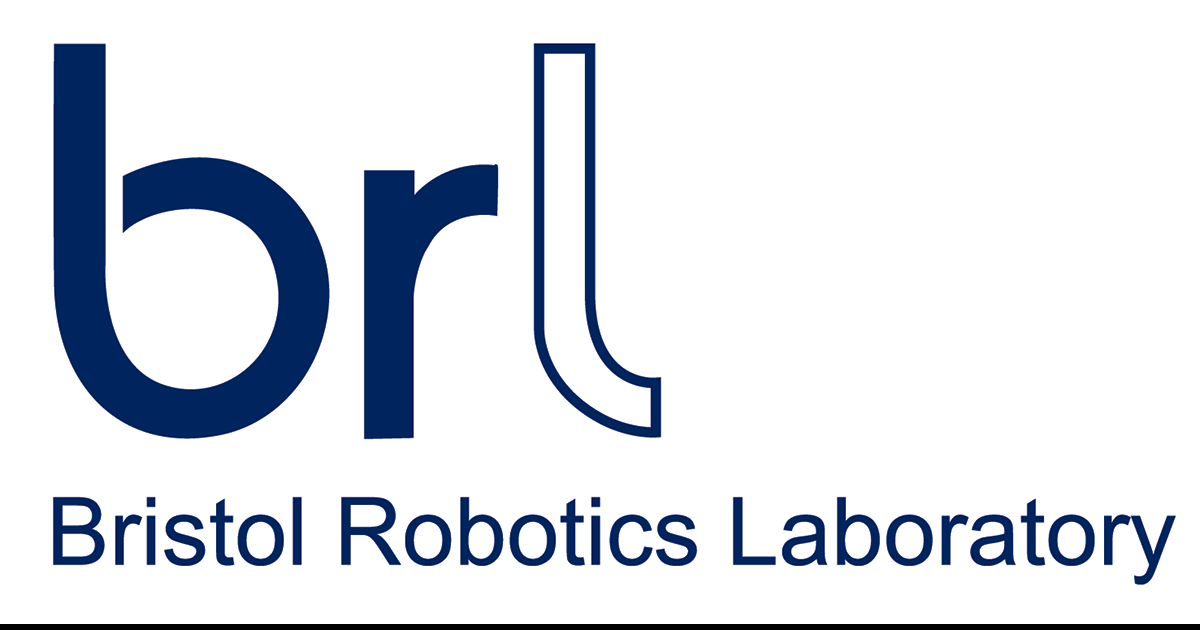Team
Antonia Tzemanaki
Sanja Dogramadzi
Tony Pipe
Chris Melhuish
David Gillatt
Raj Persad
Anthony Koupparis
Ed Rowe
Funding
North Bristol NHS Trust
Related Project
SMart weArable Robotic Teleoperated surgery
Over the past century, abdominal surgery has seen a rapid transition from open procedures to less invasive methods such as laparoscopy and robot-assisted minimally invasive surgery (R-A MIS). These procedures have significantly decreased blood loss, postoperative morbidity and length of hospital stay in comparison with open surgery. R-A MIS has offered refined accuracy and more ergonomic instruments for surgeons, further minimising trauma to the patient.
While training surgeons in MIS procedures is becoming increasingly long and arduous, most available systems adopt a design similar to conventional laparoscopic instruments or focus on different techniques with debatable benefits.
This project aimed to investigate, design and prototype a novel system for R-A MIS that will provide more natural and intuitive manipulation of soft tissues and, at the same time, increase the surgeon's dexterity. The μAngelo system is an anthropomorphic master-slave system with human-centred design that comprises a three-digit miniature hand that can be controlled using the master, a three-digit sensory exoskeleton. While multi-fingered robotic hands have been developed for decades, none have been used for surgical operations.
The μAngelo system not only aims to reduce the training time for surgeons but also to improve the ergonomics of the procedure.
Related publications
μAngelo: A novel minimally invasive surgical system based on an anthropomorphic design
Hand Exoskeleton for Remote Control of Minimally Invasive Surgical Anthropomorphic Instrumentation
SmartSurg Project Publications
Control of a da Vinci EndoWrist Surgical Instrument Using a Novel Master Controller
Estimation of Tool-Tissue Forces in Robot-Assisted Minimally Invasive Surgery Using Neural Networks
Requirements elicitation for robotic and computer-assisted minimally invasive surgery
Incision Port Displacement Modelling Verification in Minimally Invasive Surgical Robots




